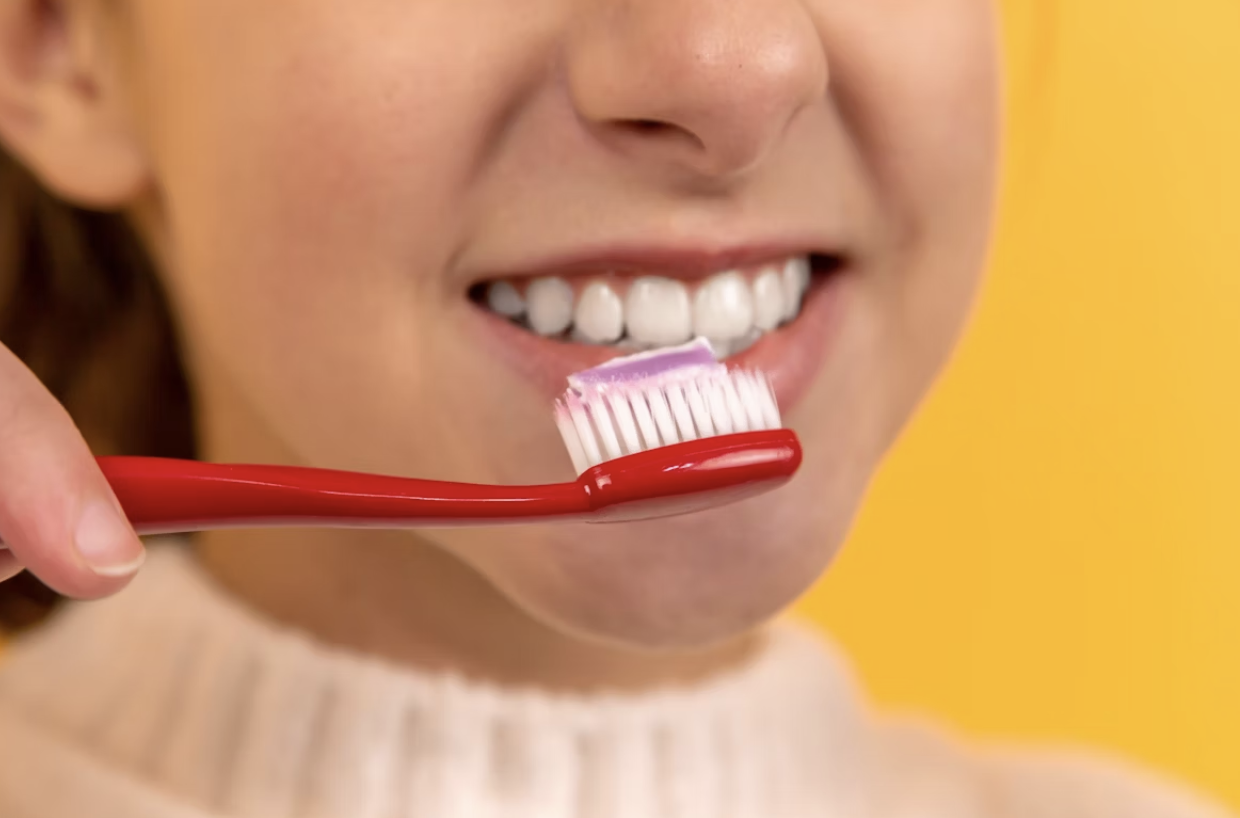Taking Proper Care of Your Teeth: 6 Critical Facts You Need to Know

Maintaining a healthy smile goes beyond a bright appearance. It’s a commitment that affects your entire body. The condition of your teeth and gums plays a major role in how you eat, speak, and manage health risks such as heart disease or infections.
While many understand the basics of brushing and flossing, there are deeper layers of knowledge that help improve dental hygiene in practical ways. From ingredients in your toothpaste to professional care habits, understanding the facts can help you protect your teeth for the long term.
Regular Brushing Isn’t Always Done Correctly
Many people believe they are brushing the right way because they do it twice daily. But brushing technique, timing, and the tools you use make a big difference. Brushing should take two full minutes, using a soft-bristled toothbrush, and small circular motions. Too much pressure can harm your enamel and irritate your gums.
Timing also matters. Dentists recommend waiting at least 30 minutes after eating acidic foods before brushing. This prevents enamel erosion triggered by acids that soften the tooth surface temporarily.
Electric toothbrushes with timers can help develop better habits and ensure thorough cleaning every time.
Flossing Complements Brushing
Flossing is often skipped, yet it’s crucial for removing plaque and debris that builds up between teeth. Toothbrushes cannot reach these tight spaces. Neglecting to floss allows bacteria to accumulate, leading to gum disease and cavities in hidden areas.
It’s important to use proper technique here too. Avoid snapping floss, as this can injure gums. Instead, slide it gently between teeth and curve it against each side in a “C” shape to remove buildup.
Daily flossing reduces inflammation and supports better overall gum health, which is directly tied to maintaining healthy bone support for teeth.
Ingredients Matter in Your Toothpaste
Not all toothpaste formulas are created equal. While fluoride has long been a go-to ingredient for cavity prevention, some people seek alternatives for sensitivity or personal preference. One of the most promising developments in this area is toothpaste with hydroxyapatite, a naturally occurring mineral that makes up tooth enamel. This ingredient has shown strong results in reducing sensitivity and strengthening enamel without some of the side effects linked to fluoride, such as white spots or risk of overuse in children.
It’s particularly appealing to those looking for more biocompatible or non-toxic oral care solutions. Choosing a toothpaste that meets your needs and fits your dental goals is an easy switch that can have a lasting effect on your dental health.
Your Diet Directly Affects Oral Health
The foods and drinks you consume daily impact your teeth in ways you may not immediately notice. Sugar feeds the bacteria in your mouth that produce acids, which erode enamel and lead to cavities. Acidic beverages like soda, citrus juices, and sports drinks can gradually wear down tooth structure, even if consumed infrequently.
Eating a diet rich in crunchy vegetables, leafy greens, and calcium-containing foods supports enamel strength and natural cleaning. Chewing fibrous foods stimulates saliva, which helps neutralize acids and wash away debris.
Being mindful of snacking frequency is just as important. Constant snacking gives bacteria more opportunities to thrive and increases acid attacks on your enamel.
Preventive Care Reduces Long-Term Problems
Routine dental visits aren’t just for fixing problems once they arise. They’re designed to catch issues before they escalate. Regular cleanings remove hardened plaque (tartar), which brushing and flossing cannot eliminate. Dentists can also identify early signs of decay, gum disease, and even oral cancers.
Skipping these visits may seem harmless when you don’t feel pain, but many oral health problems begin silently. By the time symptoms show, treatment is usually more involved and expensive.
Professional guidance during these appointments ensures your home care is effective and keeps your teeth strong as you age.
Stress and Habits Affect Teeth More Than You Think
Clenching and grinding teeth, often due to stress, can wear down enamel and cause jaw pain. Many people aren’t aware they do this, even more so at night. Dentists often identify signs of grinding during routine exams and may recommend a night guard to protect your teeth.
Smoking, vaping, and frequent alcohol consumption are additional risk factors. These habits dry out the mouth, which reduces protective saliva and encourages bacterial growth. They can stain teeth and increase the risk of gum disease and oral cancer.
Being aware of these lifestyle effects gives you a better chance of preserving your teeth and keeping your mouth healthy under all types of stress.
Healthy teeth aren’t just about avoiding cavities. They’re tied to your confidence, your comfort, and your long-term well-being. Practicing effective brushing and flossing, using the right products, and visiting the dentist regularly give your smile the foundation it needs. Paying attention to your diet and daily habits further protects that investment. The more you know, the better you can make choices that keep your mouth and your health in great condition.






